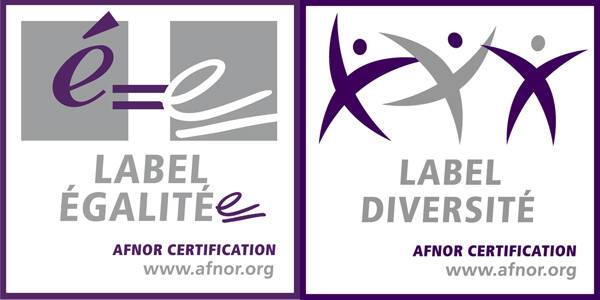SCOPE OF THE LISTENING AND DISCRIMINATION PREVENTION UNIT AT ENSAPC AND REFERRAL PROCESS
Scope:
The nature of the subjects that may be referred to the unit is indicated on page 314 of the 2020-2021 student handbook – Chapter ‘Ethical Charter for Diversity and Equality between Women and Men’. Through this charter, ENSAPC intends to affirm its commitment to the fight against the forms of discrimination defined by law that are likely to undermine diversity and equality. The legal criteria of the charter are:
– Your age
– Gender
– Origin
– Actual or assumed membership or non-membership of an ethnic group, nation or alleged race
– Pregnancy
– State of health
– Disability
– Genetic characteristics
– Sexual orientation
– Gender identity
– Political opinions
– Trade union activities
– Philosophical opinions
– Belief in or membership or non-membership, real or assumed, of a particular religion
– Family situation
– Physical appearance
– Surname
– Morals
– Place of residence
– Loss of autonomy
– Contextual vulnerability resulting from economic situation
– Ability to speak a language other than French
– Bank domiciliation
Any request that is not related to these subjects will not be examined by the internal unit.
How to contact the team:
Any member of staff, teacher, student or third-party service provider working at ENSAPC may refer the matter to the unit if he or she considers himself or herself to be the victim or witness of an act or situation that violates these criteria.
This person may contact the unit directly by email: : celluleinternediscrimination@ensapc.fr to report their situation, observations or testimony, or contact one or two members of the unit directly, preferably also by email;
The member of the unit contacted asks the person who made the referral if they agree to inform the other members of the unit. If the person does not want one or more members of the unit to be informed of the referral, their request is respected.
If the problem raised or the request falls within the scope of the unit, this person will be heard by at least two members of the unit.
The victim or witness may designate the members of the cell who will take their testimony. If they do not wish to do so, the unit will designate the members who will interview this person depending on the nature of the alleged discrimination and the availability of the members.
Team members:
Clarisse AWEY : clarisse.awey@ensapc.fr
Camille KINGUÉ : camille.kingue@ensapc.fr
Martina OLIVERO: martina.olivero@ensapc.fr
Eric DALBIS: eric.dalbis@ensapc.fr
The process for examining and processing applications is governed by the unit’s internal rules.







